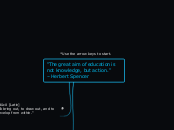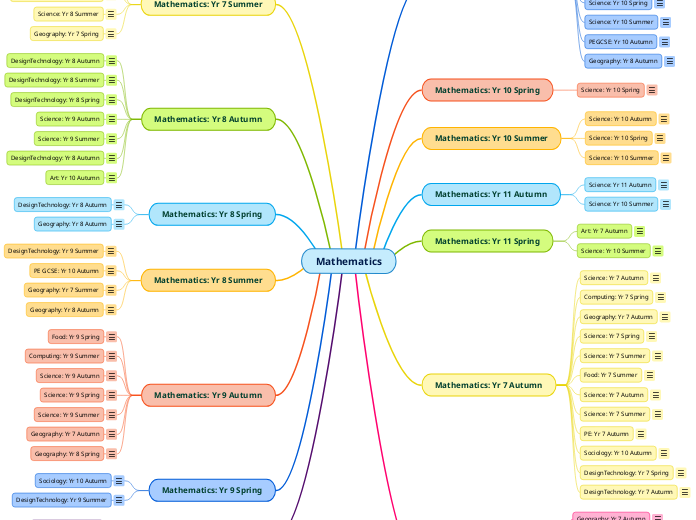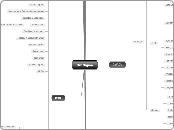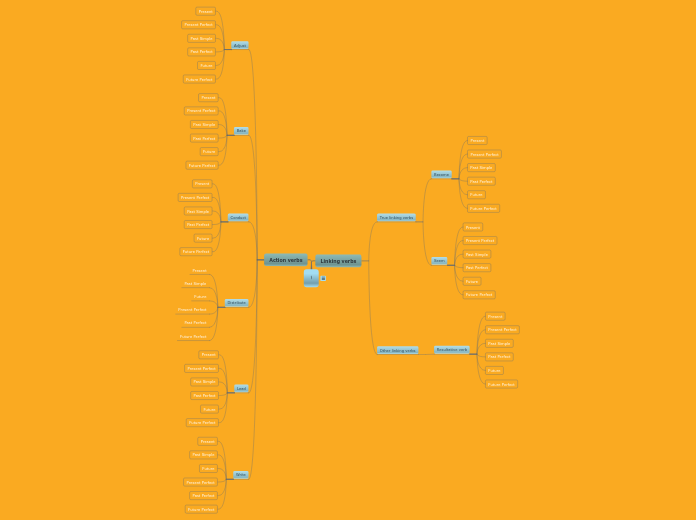*Use the arrow keys to start.
As long as this continues, so will the idea of the "Fact-free World."
In education, we focus exclusively on The Rider...
And completely neglect The Elephant.
If you wanted to lose weight, who would turn to for advice?
Your fit and healthy friend?
Your friend knows what it really means to be healthy.
The overweight doctor?
The overweight doctor has more knowledge of health...
The Elephant never forgets.
You won't learn the value of scientific truth through a book, a TED Talk, or even this map.
You will learn it by using science to solve problems in your own life.
Because it doesn't matter what you know.
It matters what you do.
When we follow the process, our results have been significant.
Whenever we neglect the process, we pay for it.
Science is a process for solving problems.
As a startup, we face unknown problems every day.
With serious consequences if we don't solve them.
So, we follow a science-based process.
Learn and Improve
Measure Your Results
Set Your Milestones
Make Data-Driven Decisions
A/B Test Your Assumptions
Brainstorm Solutions
Identify the Problem
To understand the answer, think of your mind like a Rider on an Elephant.
The Rider is your rational, analytical, conscious mind.
But it can only set the directions, The Elephant is the one who must walk the path.
It is responsible for setting goals, communicating with others, and creating long-term plans.
The Elephant is your intuitive, emotional, and subconscious mind.
But it also provides intuition, energy, and purpose to help you move toward your goals.
It gets distracted by fear, boredom, and short-term rewards.
Why is it so hard to bridge the gap between what we know, and what we do?
If we want to live in a world where the truth matters...
We have to show our Elephants the true value of science.
Science is not confined to a laboratory.
"The great aim of education is not knowledge, but action."
– Herbert Spencer
Sources
7. Heath, C., & Heath, D. (2013). Decisive. New York: Crown Business.
6. Heath, C., & Heath, D. (2010). Switch: How to change things when change is hard. New York: Broadway Books.
5. Perkins, D. N., Faraday, M., & Bushey, B. (1991). Everyday reasoning and the roots of intelligence. Informal Reasoning and Education.
4. Frings, C., & Wentura, D. (2008). Trial-by-trial effects in the affective priming paradigm. Acta Psychologica, 128(2), 318-323. doi:10.1016/j.actpsy.2008.03.004
3. Fazio, R. H. (2001). On the automatic activation of associated evaluations: An overview. Cognition & Emotion, 15(2), 115-141. doi:10.1080/02699930125908
2. Haidt, J. (2012). The righteous mind: Why good people are divided by politics and religion. New York: Pantheon Books.
1. Carter, C & Carter, B. (2005), Childbed fever. A scientific biography of Ignaz Semmelweis, Transaction Publishers
ēdūcō [Latin]
"To bring out, to draw out, and to develop from within."









